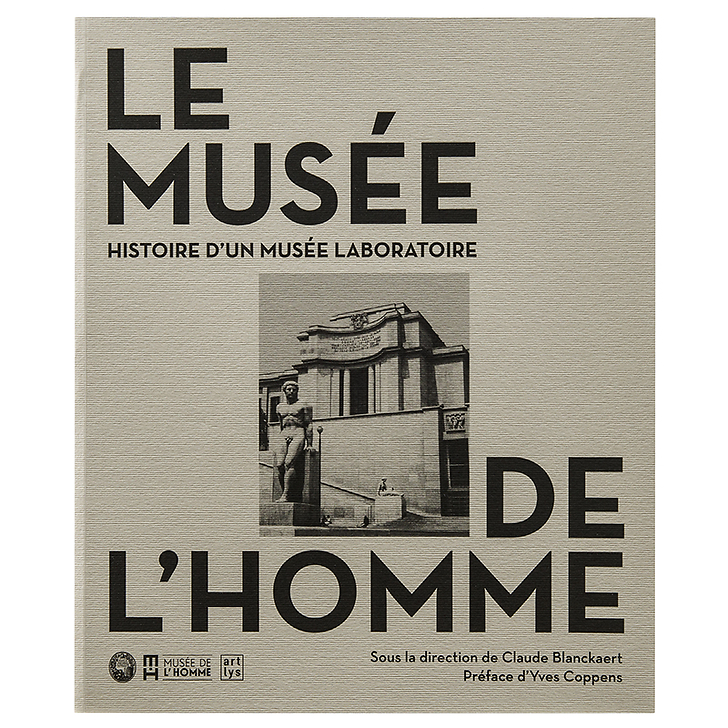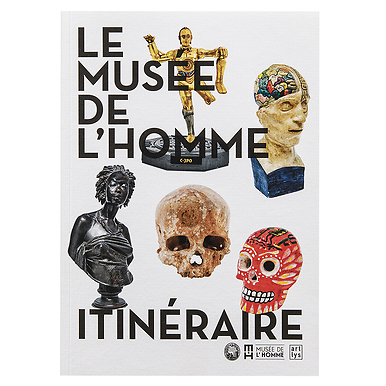Le Musée de l'Homme - Histoire d'un musée laboratoire
GB197276
French language
The Musée de l'Homme was conceived by Paul Rivet as a "laboratory museum" combining conservation, exhibition, research and teaching activities in a "revolutionary" way, according to Claude Lévi-Strauss. Invested from the outset with a true civic, even political mission in the highest...
Read more
French language
The Musée de l'Homme was conceived by Paul Rivet as a "laboratory museum" combining conservation, exhibition, research and teaching activities in a "revolutionary" way, according to Claude Lévi-Strauss. Invested from the outset with a true civic, even political mission in the highest sense of the term, this high place of scientific and cultural history is a deeply original establishment, a sensitive plate of questions about Man in his diversity.
Its history is presented here in its long duration, its socio-historical framework - in particular that of colonialism and resistance to fascism -, through its achievements and dynamics. The main lines of emphasis that have characterized its research and exhibition policy since the Trocadero Museum of Ethnography in 1878 until its re-foundation in 2015 are privileged.
In this book, edited by Claude Blanckaert, the history of the institution is intertwined with the history of the emergence of disciplines such as anthropology, prehistory and ethnology, as well as the women and men who were its actors, including André Leroi-Gourhan, André Schaeffner, Yvonne Oddon, Germaine Tillion, Jean Rouch, and of course Paul Rivet and Georges Henri Rivière, its founders.
A place of history, of memory, a place of fidelity to the principles sought by its creators in 1937, the Musée de l'Homme has become a symbol. This book is a tribute to him.
"Humanity is an indivisible whole, not only in space, but also in time. The divisions to which the immensity of the task has forced scholars: physical anthropology, prehistory, archaeology, ethnography, folklore, sociology, linguistics, are as artificial as classifications based on political geography. It's time to break them. »
Paul Rivet, 1948
Close
Login to see prices
Sold by GrandPalaisRmn





